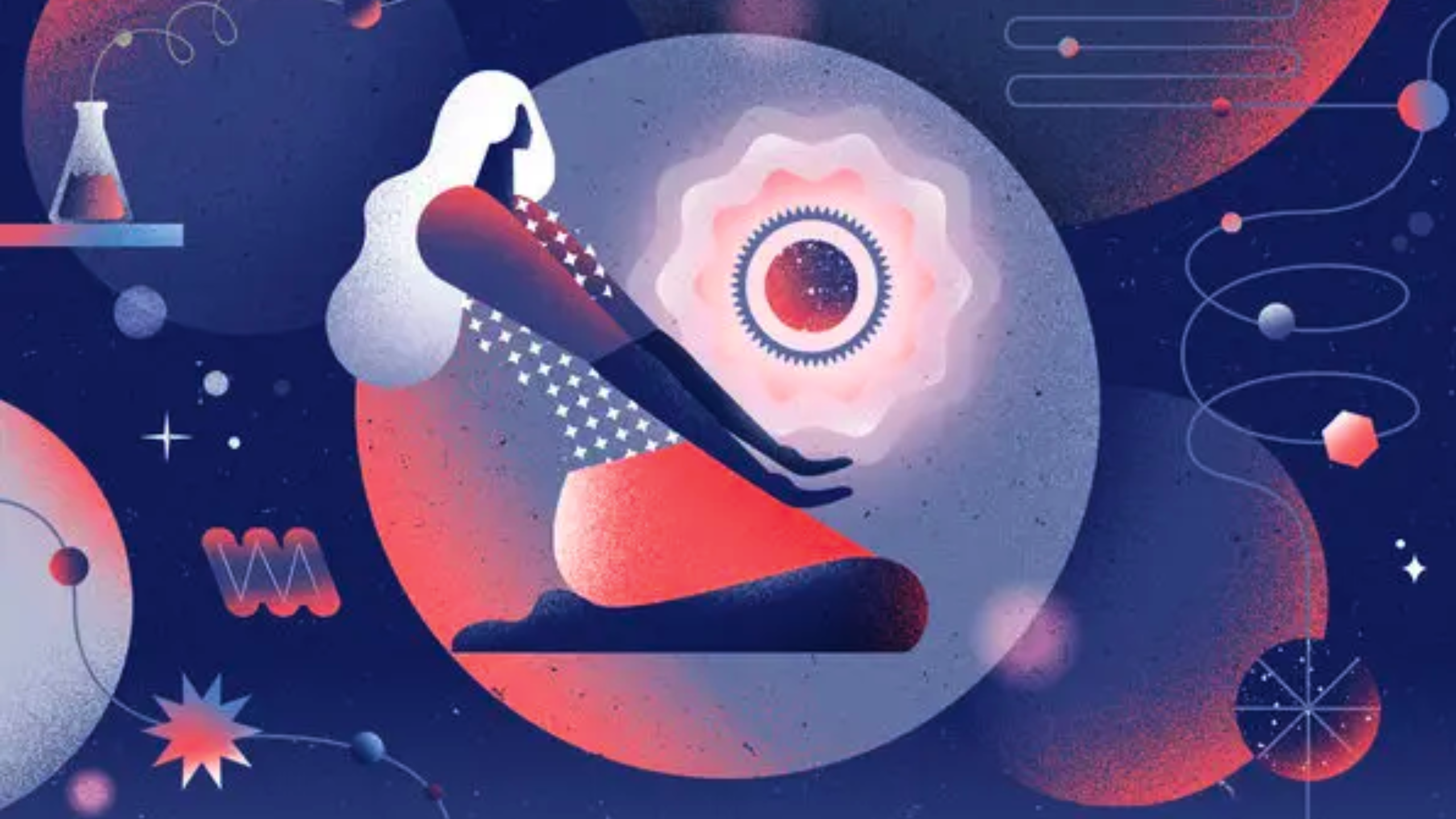Unlocking Future Possibilities: Exploring the Benefits of Egg Freezing

Attention to fertility has increased in recent years, fueled by the trend of women delaying childbirth until their late 30s and early 40s. This is largely driven by women meeting their partners later in life as well as focusing on their careers. Because reproductive aging can have a major impact on the ability to achieve one’s desired sized family, the need to use assisted reproductive technology (ART) will continue to increase.
One key factor in fertility is egg quality and quantity. We know that the quality of a woman’s eggs is highest in her mid-20s through early 30s. As women approach their mid-30s and beyond, both the quality and quantity of eggs begin to decline. This typically results in it taking longer for women to conceive on their own. Besides age, there are other factors that can affect one’s fertility potential, including tobacco use, underlying medical conditions, prior ovarian surgery, chemotherapy, pelvic radiation, as well as certain genetic abnormalities. Additionally, miscarriage rates increase because older eggs are prone to fertilize abnormally. For this reason, egg freezing, also known as oocyte cryopreservation, has become a popular option to preserve fertility. Even though there is no guarantee with egg freezing, proactively taking charge is empowering for many women. Having frozen eggs as a backup plan appeals to many women, as the concept of future fertility can be a daunting fear.
Egg freezing has also become an avenue for cancer patients to preserve their fertility. With a delay in childbearing, combined with an improvement in cancer survival rates, more and more women have not had children at the time of cancer diagnosis. Oncofertility is the interdisciplinary field bridging oncology and reproductive medicine expanding fertility options for cancer survivors. Young women diagnosed with cancer are given the opportunity to preserve their fertility before undergoing chemotherapy, which is harmful to ovarian function and may result in early menopause.
In the early infancy of egg freezing, the process was inefficient, and therefore the results were disappointing. However, with improvements in technology, the protocols for freezing eggs have changed to the same protocols to freeze embryos. A process referred to as vitrification is used which is a rapid way to freeze both eggs and embryos. Vitrification of eggs has been a game changer for fertility preservation and vitrified eggs have success rates almost comparable to fresh eggs. In fact, in 2012 The American Society for Reproductive Medicine (ASRM) revised their committee opinion on egg freezing, which stated at that time, that egg freezing utilizing vitrification, is no longer experimental, with success rates on par with the success rates of IVF (in vitro fertilization) cycles with fresh eggs, with no increase in chromosomal abnormalities, birth defects or developmental deficits in the offspring.
Women undergoing egg freezing cycles inject hormone shots in their lower abdomen for 8-12 days to increase the number of growing follicles which contain eggs. Bloodwork and ultrasound are performed every few days to follow the ovarian response, allowing medication dosage adjustment. Once the growing follicles are ready, a “trigger shot” is given in the lower abdomen, and then the egg retrieval is done 36 hours later. The egg retrieval itself is a minimally invasive procedure where a fertility specialist extracts the eggs via ultrasound-guidance while the patient is under sedation, not general anesthesia. It lasts less than 15 minutes, followed by recovery for about an hour before being discharged home. This process is identical for women undergoing IVF to extract their eggs. Most eggs are then frozen a few hours after the procedure, and if some eggs are initially immature, they can be cultured overnight and then frozen the following morning if they mature. From start to finish, this is about a 2-week process. Once the eggs are frozen, they do not age, and can be frozen indefinitely. In the future, these eggs can be thawed, fertilized with sperm to create embryos, and cultured to undergo genetic testing. Genetic testing cannot be performed on eggs, only embryos.
Women are presenting for fertility treatment at an older age and the average age for egg freezing is decreasing. In contrast to the past, when the average age of freezing eggs was mid to late 30s, women are pursuing egg freezing at an earlier age, with the average age now in their early 30s. Understanding the profound impact of reproductive aging is vital for women who delay starting or expanding their family. Since both egg quality and quantity diminish with age, fertility preservation with egg freezing offers an option to preserve a woman’s ability to conceive in the future when ready to start a family.
If you are interested in freezing eggs or having an initial consultation with one of our reproductive endocrinologists and fertility specialists, click here.
